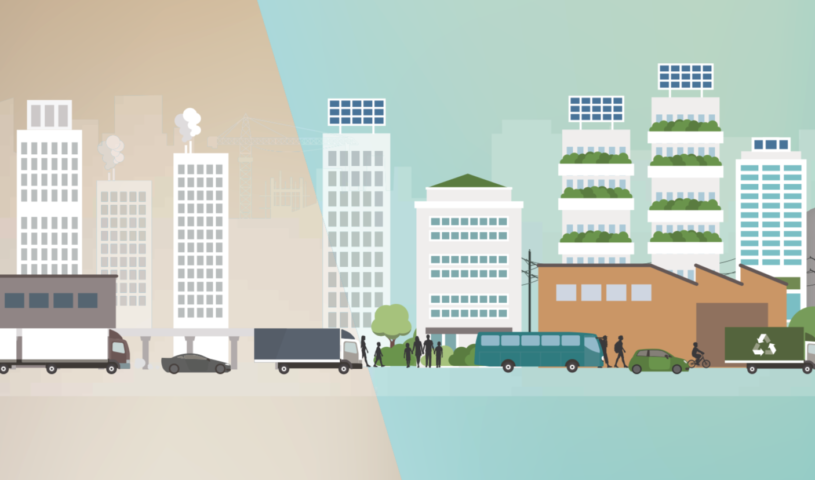Reinventing the library: Denver's peer navigators help clients experiencing poverty and homelessness.
 Handsome student working on an essay in the library
Handsome student working on an essay in the library
In a world that is increasingly isolated, libraries are one of the few places people from diverse walks of life congregate, and forward thinking communities like the City/County of Denver are rethinking the use of the age-old library institution.
The Denver Public Library presented its innovative program at the 2018 Transforming Local Government conference. The initiative uses peer navigator positions to help meet the needs of library clients experiencing poverty and homelessness. Using funds acquired through a federal grant, the Navigators program is assisting Denver’s most vulnerable community members.
Reaching vulnerable community members
Libraries pride themselves in supporting their communities and assisting their clients in accessing the resources needed to achieve their goals. As libraries find themselves as one of the only public places people experiencing poverty and homelessness are allowed to gather, they find themselves needing to have the best possible resources to assist these clients in achieving their goals.
Recognizing this need, a small group of Denver Public Library staff formed the Homeless Services Action Committee within the library in 2012. From this committee was born the idea of hiring a social worker, which the library did in 2015. (Since then, another social work position has been added as well.)
The library was also interested in a program run by the San Francisco Public Library, which employs a social worker and seven peers. So, in 2016, the Denver Public Library applied for a grant in collaboration with the Department of Human Services and the Colorado Mental Wellness Network. The grant (a Federal Justice Assistance Grant) was received and the peer program was implemented, with peers on board in January 2017.
Peer positions are greatly underutilized in the social service world. Typically, clients of social service programs are told that recovery is possible and that they are valuable; however, they rarely are offered employment opportunities within these agencies. The Denver Public Library has chosen to employ five peer navigators, to be role models to staff, clients, and the greater community that recovery happens and gainful employment is possible. The peer navigators all have a mix of life experiences including homelessness, a mental health diagnosis, a substance use issue, and a criminal justice background.
Because the City of Denver did not have a peer job specification, the Denver Public Library decided to collaborate with a peer run agency to train and employ the peer navigators through grant funding and contract for them to work at the library alongside the social workers.
Sharing innovation
Libraries and communities across the country are searching for ways to best reach the most vulnerable community members. As libraries step forward as the primary public place for these individuals to seek support, social work models, including the peer model adopted in Denver, will be worth considering. MW


